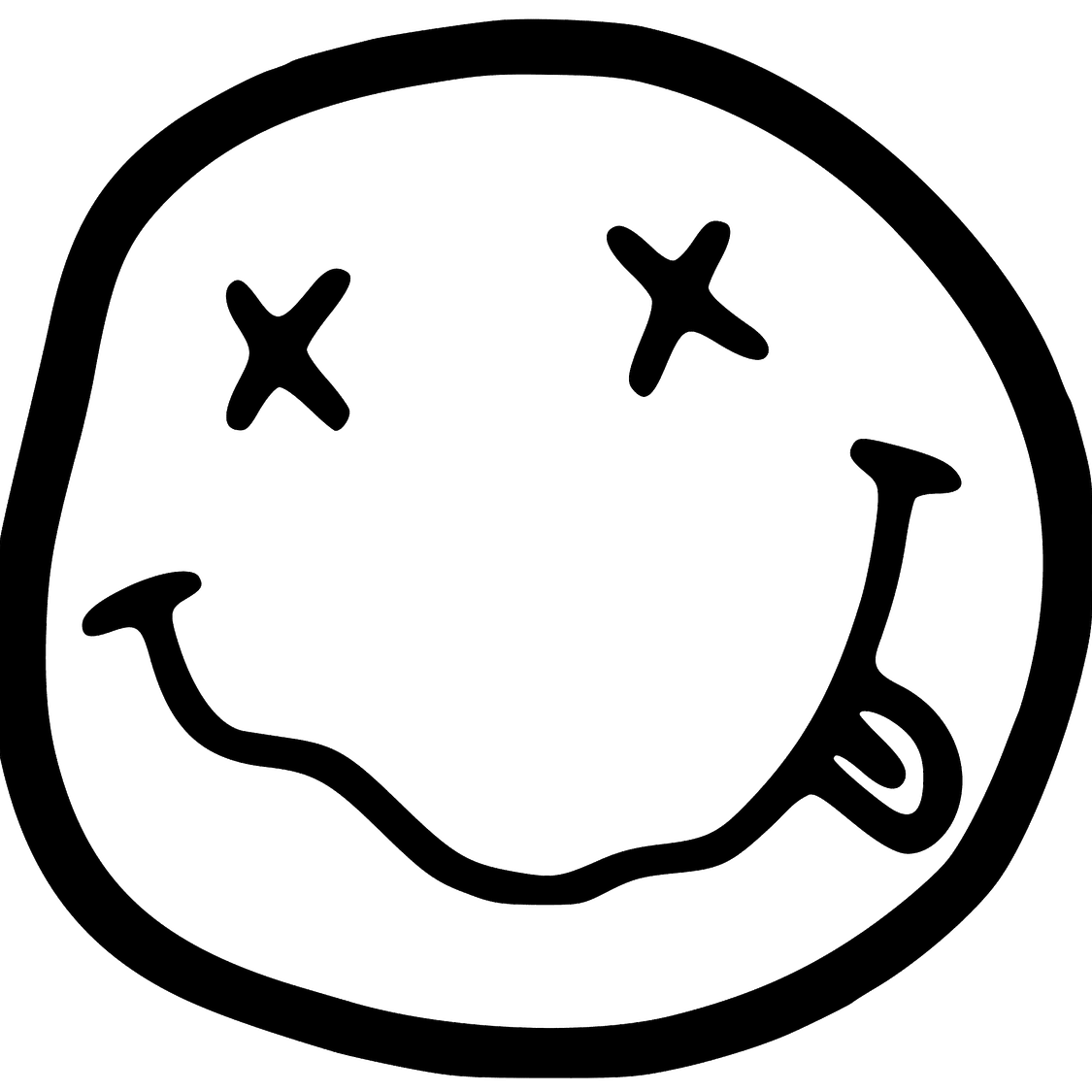What was the philosophy of Friedrich Engels?
| Friedrich Engels | |
|---|---|
| Region | Western philosophy |
| School | Continental philosophy Marxism |
| Main interests | Political philosophy, political economy, class struggle, criticism of capitalism |
| Notable ideas | Alienation and exploitation of the worker, dialectical materialism, historical materialism, false consciousness |
What theory was Friedrich Engels famous for?
Alongside Karl Marx, Friedrich Engels was one of the founding fathers of ‘scientific socialism’ – the theoretical ideas collectively and commonly known today as Marxism.
What does Friedrich Engels argue?
The Communist Manifesto begins with the assertion, “The history of all hitherto existing society is the history of class struggles.” Marx and Engels argued that if you are to understand human history you must not see it as the story of great individuals or the conflict between states.
What were Friedrich Engels political beliefs?
Engels grew up in the environment of a family marked by moderately liberal political views, a steadfast loyalty to Prussia, and a pronounced Protestant faith. His father was the owner of a textile factory in Barmen and also a partner in the Ermen & Engels cotton plant in Manchester, Eng.
What were the ideas of Karl Marx and Friedrich Engels?
Karl Marx and Friedrich Engels gave a clear idea about how the society should be structured in socialism. They argued that industrial society was capitalist. Capitalists owned the capital invested in factories. They accumulated wealth by the profit produced by the workers.
What do Marx and Engels argue about capitalism?
Marx condemned capitalism as a system that alienates the masses. His reasoning was as follows: although workers produce things for the market, market forces, not workers, control things. People are required to work for capitalists who have full control over the means of production and maintain power in the workplace.
How did Engels differ from Marx?
He argues that whereas Marx saw “science as an activity important in technology and industry,” Engels viewed “its importance for socialists in terms of a system of knowledge, incorporating the causal laws of physical science and taking them as a model for a covertly academic study of history, ‘thought’ and, somewhat …
What did Marx and Engels disagree on?
It contended that far from being the closest of comrades and collaborators, who worked in harmony for forty years, Karl Marx and Frederick Engels in fact disagreed with each other on fundamental questions of theory and practice. Their supposed disagreements concerned nature and the natural sciences.
Who is the father of socialism?
Marx and Engels developed a body of ideas which they called scientific socialism, more commonly called Marxism.
¿Cuál es la visión de Engels de la historia?
La visión de Engels de la historia se caracteriza por un optimismo fundamental. Al igual que Hegel, no entiende la historia humana como una “intrincada confusión de violencias sin sentido”, sino como un proceso de desarrollo, cuya ley interna se puede percibir a través de todas las coincidencias aparentes.
¿Cuáles fueron las obras de Engels que no deben faltar en las manos de ningún obrero?
Junto con el Anti-Dühring y el Manifiesto Comunista, fue una de las obras de Engels “que no deben faltar en las manos de ningún obrero consciente” para Lenin. Placa azul erigida en 1972 por el Greater London Council en 122 Regent’s Park Road de Londres, donde vivió Engels.
¿Dónde se encuentra la estatua de Engels?
En el verano de 2017, como parte del Festival Internacional de Mánchester, el escultor Phil Collins instaló una estatua de Engels de la era soviética, trasladada desde Ucrania, en Tony Wilson Place en Mánchester.
¿Cuál fue el primer encuentro entre Marx y Engels?
En marzo de 1842, Engels publicó el folleto Schelling y la revelación en el que critica rigurosa las concepciones místicas de Schelling. En noviembre de 1842, tuvo su primer encuentro, desagradable, con Marx, en las oficinas del Rheinische Zeitung, del que este era redactor.
